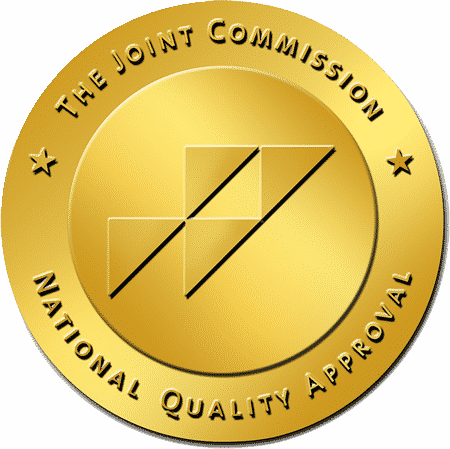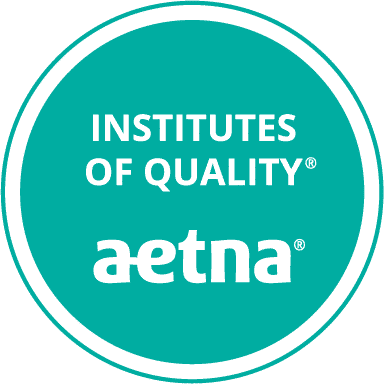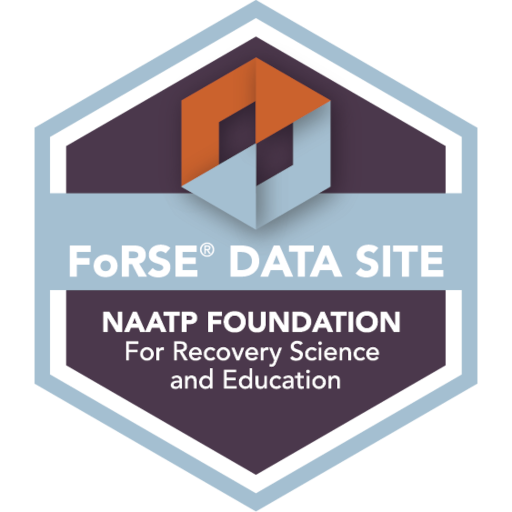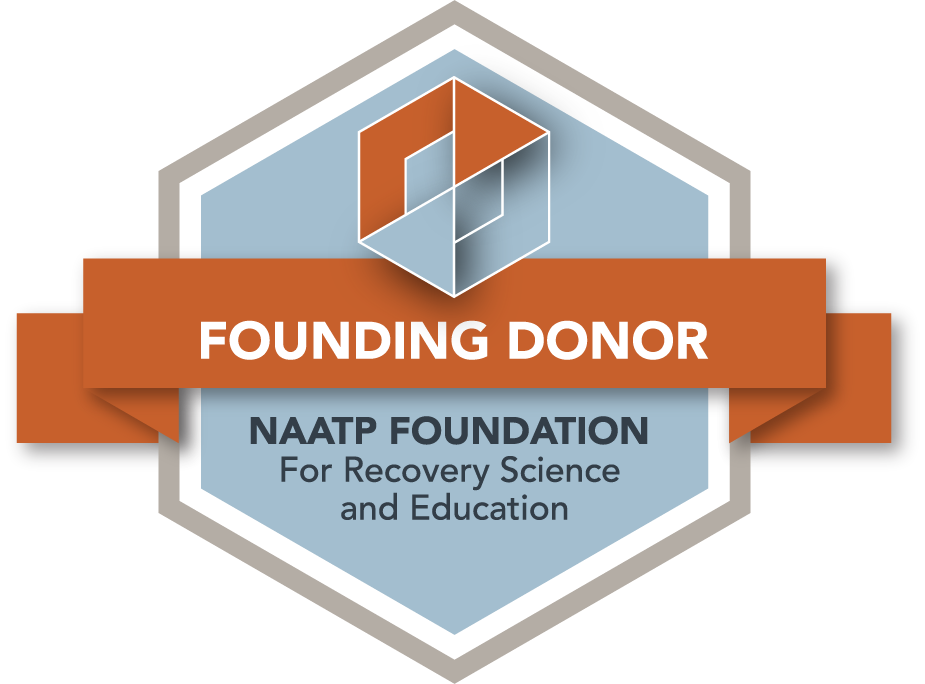La Hacienda strives to see that women and men who come for treatment receive individual care based on their personal needs.
As part of that effort, clinical staff assigns patients to subgroups based on factors common to them. One of these is the Recovering Professionals Group, made up of patients with vocations that require them to be licensed or certified. It includes doctors, lawyers, teachers, airline crew members, engineers, and counselors.
In addition to legal requirements for their fields, these patients frequently share leadership functions or roles that impact the lives of others.
Strengths Work Against Them
The qualities that make them good at their jobs and leaders, however, can also lead them to deny their illness.
“They have to control ego and pride and other things,” says Case Manager for Adults Deborah Miller, the group’s facilitator. “They wonder, ‘If I’m so smart and successful, why is my life such a mess?’”
“I tell them, ‘You can’t be too dumb to recover, but you can be too smart. If you’re not careful, you’ll smart yourself right back into the disease.’”
“They have to surrender to a higher power. They must let go of control. They have to do everything that everybody else does to get sober and clean and stay sober and clean, and that’s very difficult.”
Revealing the Affliction
The group meets with Deborah, a Licensed Professional Counselor and Licensed Chemical Dependency Counselor, four mornings a week, Monday through Thursday, for 90 minutes.
She gives them assignments to help them to break through their ego and pride, says Deborah. They come to understand they are like all SUD victims. The disease impacts them the same.
“They are smart, amazing people, but they are alcoholics and addicts. Most have tried other ways to kick it. I tell them, ‘If you could have done it on your own, you would have done it before you came through the gate.’”
A Great Sense of Relief
Self-recognition of the truth often is a profound turn for the professionals, says Deborah. “We call it a ‘reality check.’”
“You can sense their relief. Trying to hide it from families and employers and co-workers is exhausting, absolutely exhausting.”
“Once they realize they don’t have to carry that bravado–to keep up an appearance–they can just say, ‘I need help.’ They can breathe. In a group of their peers, they can admit it. ‘Yeah, I had that drink before I got into the cockpit or before I went into surgery.’”
From Patient to Counselor
Deborah, who has worked at La Hacienda since September 2016, knows first-hand what her patients are facing. Before she became a counselor, she was a teacher suffering from alcoholism. She first entered treatment in April 1985.
“I left that program thinking, ‘Wow! Those people had a lot of good ideas. I’m going to use some of them, but I’m not like the others. I don’t need all that stuff they were telling me to do.’”
She soon started drinking again and “spiraled down really bad.” Five years later, she attempted recovery a second time and has been sober since Dec. 12, 1990.
But Deborah had lost her passion for teaching and didn’t know what to do next. Someone close to her knew. Her ability to be an effective therapist was obvious to her late husband, a counselor who was also in recovery.
“He looked at me and said, ‘You’re kidding me, Debbie. You don’t think you know what you want to do.’
“And here I have been ever since.”
Deborah Miller talks about the Recovering Professionals Group in a brief video hosted by Director of Business Development Elizabeth Olson.
